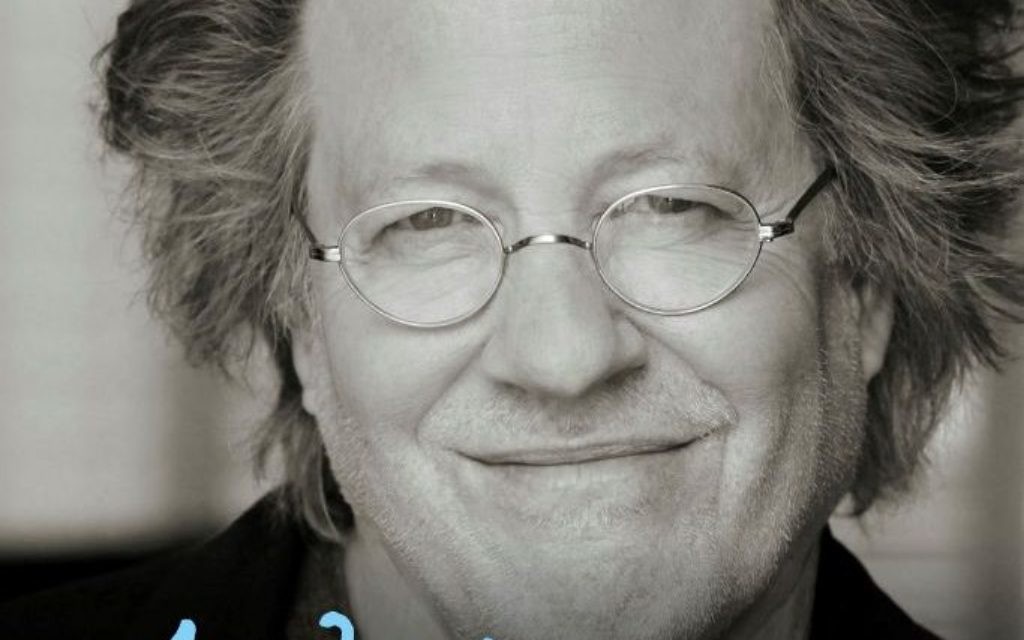Dorff Book Hits Right Notes
The songwriter doesn't exclude the bad times from his life's composition.
“The heart of this business is the marriage of talent and relationships,” Steve Dorff writes in his new memoir, “I Wrote That Too … A Life in Songwriting From Willie to Whitney.”
The book, written with playwright and novelist Colette Freedman, details Dorff’s collaborations and adventures along the path of his career and doesn’t shy away some setbacks and “that fine line between glorious success and dismal failure that we songwriters experience all too often.”
He cites a recording session with Dusty Springfield, whom he much admired, as the longest night of his life, and he writes of the disappointment he felt when Bette Midler’s version of “I Cross My Heart” failed. He touches on personal troubles as well, such as the loss of his first wife, his mother and one of his sons.
Get The AJT Newsletter by email and never miss our top stories Free Sign Up

By Steve Dorff with Colette Freedman
Backbeat Books, 328 pages, $29.99
Dorff is known for writing and producing dozens of hits for the likes of Kenny Rogers, Celine Dion, Anne Murray, Smokey Robinson and Barbra Streisand. He also scores movies, television shows and Broadway productions.
As a child, he would hide in his room and play records loudly enough to block the sound of his alcoholic parents arguing. He also developed the rather useful ability to musicalize just about anything, turning a random sound such as car’s windshield wipers into an epic opus in his head. Later in life, a psychologist told him he had synesthesia, a perceptual phenomenon that occurs in only 5 percent of the population.
Much given to superlatives and a fair amount of repetition, and despite a penchant for insider jargon that will likely confuse a few readers, the book flows engagingly through a series of encounters with stars of varying celebrity status and doesn’t take itself too seriously.
He concludes, “What it boils down to is I just try to write a good song with an honest message.”





comments